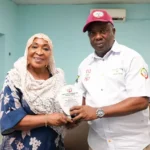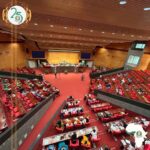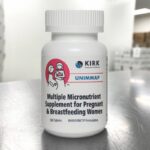NNPC denies non-remittance of N4 .76 trn into federation account
The Nigerian National Petroleum Corporation (NNPC) has denied non remittance of N4.76 trillion to the federation account as claimed by the 2016 report of the Office of Auditor -General of the Federation (OAGF).Continue Reading











